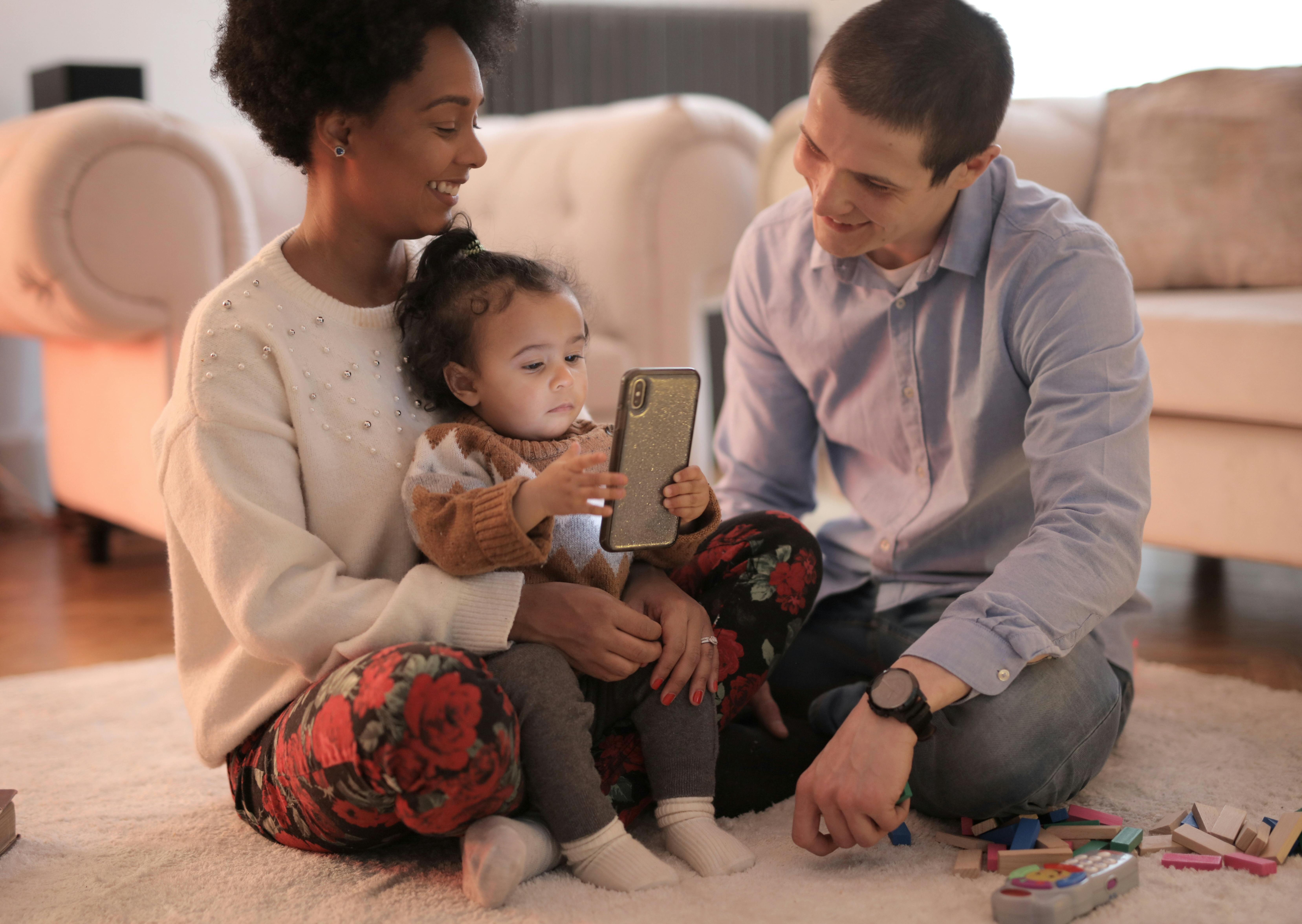
Parents or primary caregivers typically want the same thing. They want their child to be safe, healthy, and happy.
Caregivers will try to keep their children safe and shield them from any potential threats or dangers for as long as possible. It’s a little easier to do this when they’re younger because they never leave your sight. But as they grow older, they have to attend daycare or school, visit family and friends’ houses, and learn skills on their own that you won’t be there for.
But you can’t protect your child from everything. Certain situations, events, and conditions will happen, no matter how hard you try to limit these types of interactions. Anxiety is one of those things. You can’t prevent your child from developing anxiety. It doesn’t make you a bad parent if your child is struggling with any type of mental health condition.
This is how to recognize the signs and know when it’s time to be concerned about your child with anxiety.
The Signs and Symptoms
If you suspect that your child is struggling with anxiety or if they’ve already been diagnosed, you want to make sure that they’re able to manage those signs and symptoms so that they don’t become worse. These are some of the most common signs and symptoms so you can better advocate for your child:
-
Change in eating habits
-
Clinging to a loved one
-
Constantly worrying
-
Crying
-
Difficulty concentrating
-
Digestive issues
-
Frequent outbursts
-
Irritability
-
Negative thoughts
-
Sleeping problems
When You Should Seek Additional Support
Seeing your child struggling isn’t easy for any parent. If your child is struggling with anxiety, it’s important to recognize the signs so you know when your concern for them means they may need additional support. Here are some of the signs that you should consider reaching out to a mental health professional for your child’s anxiety:
Their Anxiety Isn’t Getting Better
Anxiety is a common and normal emotion that most people will deal with at some point throughout their lives. If the anxiety stays with your child and doesn’t seem to get any better, it’s a good sign that you should reach out for additional support.
Anxiety is an emotion that should come and go depending on your child’s day to day. Some events or situations during their day may make them anxious, but if that anxiety is persistent and your child can’t seem to shake it, a licensed mental health professional may be needed to help your child better manage their signs and symptoms.
Their Anxiety Is Interfering with Their Life
When anxiety starts to take control, it can negatively affect different areas of a person’s life. If you’re noticing that your child is struggling with their school work, friendships, or home life, it could mean that anxiety is starting to interfere with their daily life and routine.
It’s Starting to Impact Their Development
The developmental years are extremely important, especially in younger children. This is the time that your child is developing from the inside out. They’re growing and developing their own skills, strengths, personality, and more. Anxiety can get in the way of your child’s developmental years and actually delay their development. It can cause issues with their ability to learn, make friendships, grow, and their own self-confidence.
Next Steps
It’s important to remember that a child with anxiety doesn’t make you a bad parent or caregiver. Reaching out for help also doesn’t mean that you’re unfit to parent. Sometimes reaching out for help can be one of the strongest things you can do for you and your child. A mental health professional will be able to help your child figure out what may be causing their anxiety and prep them with the right tools and techniques to better manage their anxiety moving forward. Reach out today to set up an initial consultation.


